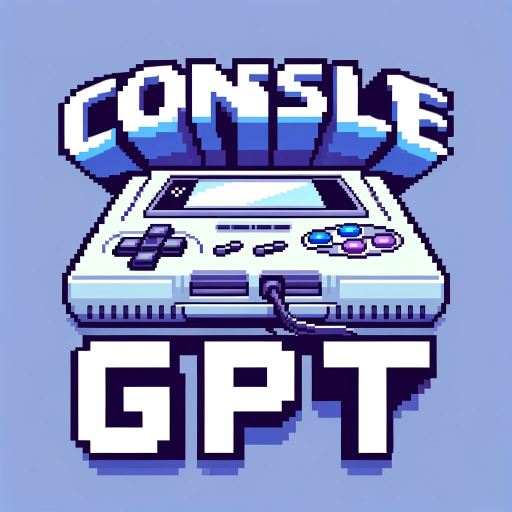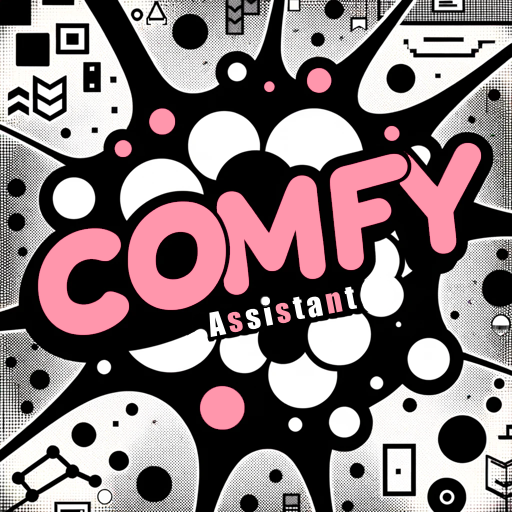Life Continuum: The GPT-Managed Adventure Game-AI-powered life simulation game
AI-powered life simulation with consequences
Start New Life
Explain Rules
Related Tools
Load More
DeepGame
Play any story as a character. You decide what to do next. Type '/visualize' to get an image of the current moment of the story.

GPT Game Dev
Senior Unity Game Dev assisting people who want to make games!

CONSOLE GPT
The universal GPT Game Console - play infinite game cartridges created on glif.app!

San Andreas GPT
This text-based game takes you to the unforgiving streets of San Andreas, where crime and chaos reign supreme. In this brutally realistic game, you'll step into the shoes of Carl Johnson, a former gang member who returns to his hometown only to be dragged

🧙♂️🌟 GPT Legends | persistent text RPG game 🔮
A persistent multiplayer world accessible through ChatGPT

GPT地下城 (demo)
由GPT担任DM的文字冒险游戏
20.0 / 5 (200 votes)
Introduction to Life Continuum: The GPT-Managed Adventure Game
Life Continuum: The GPT-Managed Adventure Game is an interactive, text-based life simulation where players navigate daily life within a virtual world. The game tracks a player's key stats, including Health, Hunger, and Happiness, which must be maintained through choices and actions. Players start by customizing their avatar, providing their character's name and appearance, after which they embark on a journey in a dynamically generated apartment. The game employs a stats system where neglecting Hunger, Happiness, or Health can lead to consequences like illness, odd interactions with NPCs, or even death, forcing a restart. Additionally, an inventory system includes basic items like food, water, and money, with $500 and no job as the starting point. The game blends realism with occasional fantasy, offering unpredictable outcomes based on player decisions, with opportunities for marriage, children, and potentially continuing through their descendants. Example: Upon waking up in the game, the player might choose to explore their apartment, eat some food, and search for a job. If they neglect to eat, their Hunger stat will decrease, leading to deteriorated Happiness and eventually impacting Health. If Health reaches zero, the player dies, forcing them to restart or continue the game from their offspring.

Key Functions of Life Continuum: The GPT-Managed Adventure Game
Dynamic Character Creation
Example
Players can choose their name and design their character's appearance, leading to an image generated by the game.
Scenario
A player named 'Alex' chooses to describe their character as a tall, dark-haired person with a distinctive scar on their cheek. The game then generates an image of Alex, setting the stage for the adventure.
Real-Time Stat Management
Example
Health, Hunger, and Happiness stats change based on player actions and choices in the game.
Scenario
Alex, feeling hungry, decides to skip a meal. Over time, this decision affects Alex’s Hunger stat, which eventually lowers Happiness and causes sickness if ignored.
NPC Interaction and Relationships
Example
Players can build relationships with NPCs, get married, and even have children.
Scenario
As Alex navigates life, they meet an NPC named Sarah. Depending on the player’s choices and their Happiness level, Sarah might be intrigued or put off by Alex's behavior, which could lead to a potential relationship, or rejection.
Target Users for Life Continuum: The GPT-Managed Adventure Game
Life Simulation Enthusiasts
This group enjoys managing virtual lives and exploring complex decision-making systems where their choices shape the outcomes. The game’s unpredictable nature, relationships, and stat management create an immersive experience for users who love detailed, sandbox-style gameplay.
Fans of Narrative-Driven Games
Players who appreciate strong storytelling and narrative-driven experiences will find Life Continuum appealing. The game offers a dynamic narrative that shifts based on the player's choices, with opportunities for character development and personal growth.

How to Use Life Continuum: The GPT-Managed Adventure Game
1
Visit aichatonline.org for a free trial without login, also no need for ChatGPT Plus.
2
Choose a name and appearance for your character to start the game. Your journey begins when you personalize your avatar.
3
Monitor your stats, such as Health, Hunger, and Happiness. These fluctuate based on your in-game decisions and actions, so plan accordingly.
4
Use your $500 starting cash wisely. Invest in food, water, or other essentials. Making poor choices can lead to in-game consequences, including death or failure.
5
Continue to live, build relationships, and manage your inventory while making life-altering choices. If your character dies, you can continue with your character’s children.
Try other advanced and practical GPTs
Skynet
AI-driven intelligence for all tasks

Thesis Buddy
AI-Powered Thesis Writing Simplified

Mac The Mechanic
AI-Powered Car Issue Solver

Justin Welsh Content Matrix en Français
AI-powered content matrix for structured idea generation.

The Perfect Blog Post
Create SEO-optimized blogs with AI ease

ComfyUI Assistant
AI-powered Custom Node Creation for ComfyUI

占卜大师 - 生肖、八字、星座、星盘、塔罗、手相、面相!
AI-Powered Divination for Your Life.

ブランディングバディ / Brand Buddy
AI-driven branding solutions for all.

🔮 Digital Escape Room Creator 💡
AI-powered digital escape room creator for educators

Descriptor
AI-powered YouTube Description Crafting

Title Dog
AI-powered titles that captivate instantly.

PhotoCraft
AI-Powered Real-World Image Generation

- Character Development
- Fantasy
- Role Play
- Life Simulation
- Survival Mode
Frequently Asked Questions (FAQ) about Life Continuum: The GPT-Managed Adventure Game
What happens if my character dies in the game?
If your character dies, you have the option to continue playing as one of your children if you have any. Otherwise, you’ll need to restart the game with a new character.
How do the stats like Hunger, Happiness, and Health work?
Hunger decreases first, affecting Happiness. If Happiness gets too low, NPC interactions become unusual, and your Health will start declining. If Health reaches zero, your character dies.
Can I get married and have kids in the game?
Yes! You can form relationships, get married, and have children. This adds a generational element to the game, allowing you to continue playing as your children after your character’s death.
What kind of consequences can I expect from poor decisions?
Poor decisions can lead to various consequences such as illness, ridicule, NPC hostility, or even death. Each action has ripple effects, influencing how the game unfolds.
How is the game’s inventory system managed?
You start with $500 and an empty inventory. You can buy food, water, or other items to manage your stats and survival. Mismanagement can lead to serious consequences.